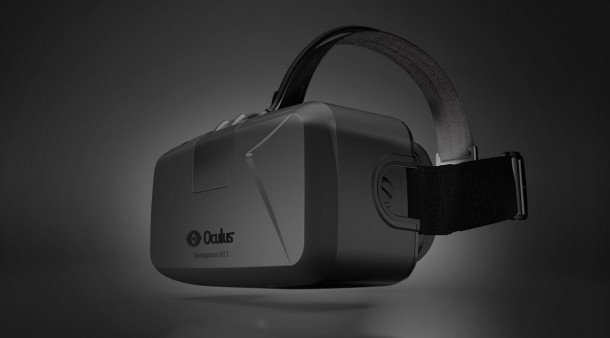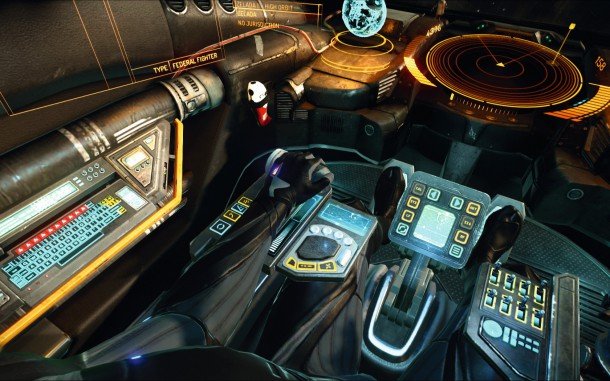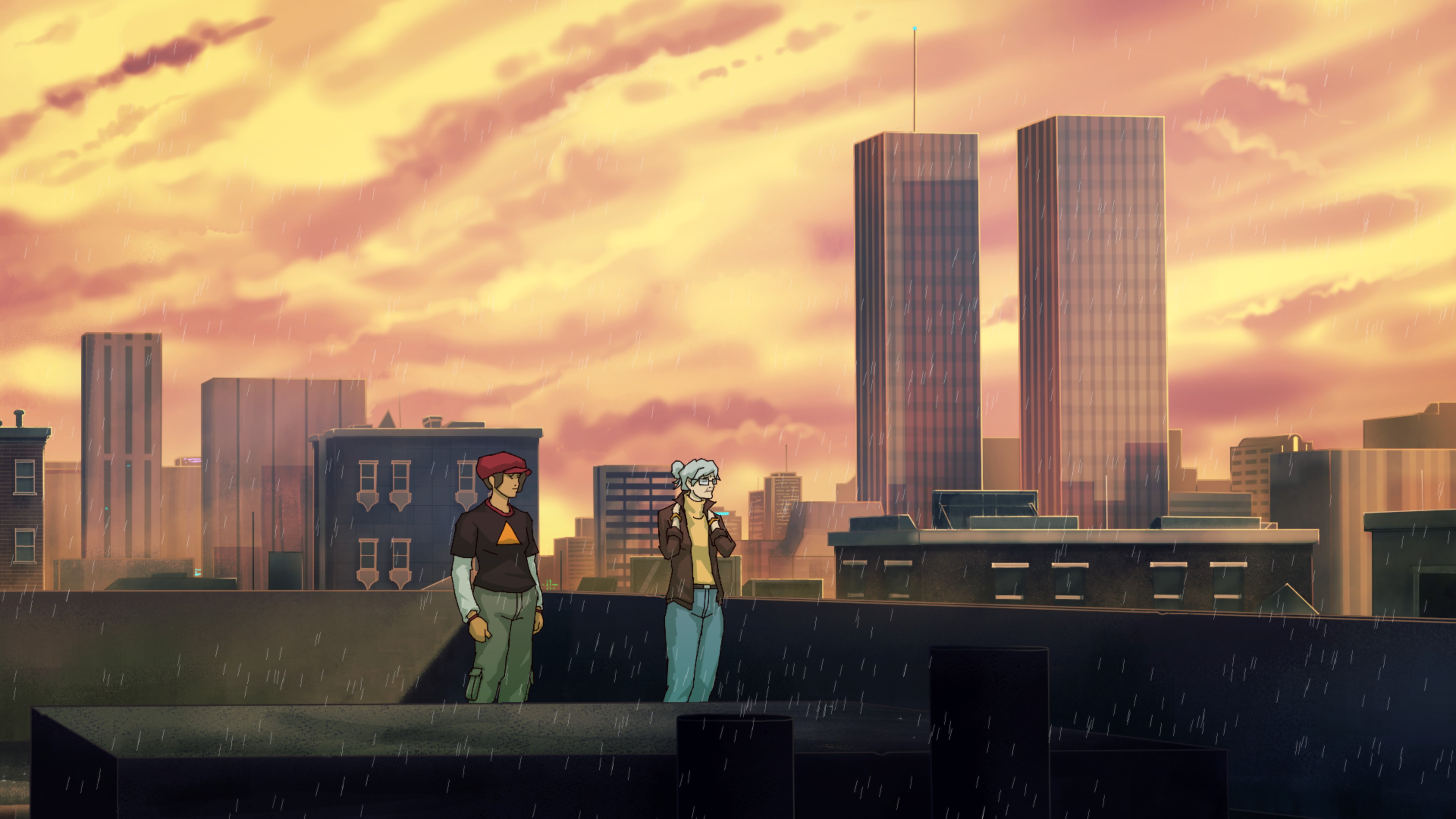Virtual reality is closer than ever, but it still has a long way to go

I've been regularly strapping the office Oculus Rift to my head for a few months now, and I'm convinced virtual reality is something special, and not just a daft gimmick we'll all laugh at in a decade. But there are still a lot of problems with the hardware as it exists today—including the recently released DK2 version—that will have to be ironed out before the thing is ready to appear in peoples' living rooms. If, indeed, that ever happens.
First, comfort. There's no getting around the fact that, to use the Rift, you need to have a big plastic box tethered to your skull. The eyepiece is nicely cushioned, but it starts to feel hot, stuffy, and claustrophobic after a while. It's fine in short bursts, but nobody plays games ten minutes at a time. The idea of playing something like Skyrim in VR might sound exciting, but you'll barely get through a quest before you have to pull the thing off and take a breather.
The design is getting better, though. The DK2 feels a lot more comfortable than the first development kit. But until someone invents a holodeck, wearing bulky goggles will be the only practical way to insert people into a virtual environment. Even in our air conditioned office, I feel myself overheating when I use it for long periods of time.
Then there's the field of view. When you use the Rift you see black borders in your peripheral vision, which occasionally make you feel like you're viewing the world through a diving helmet. You forget about it when you're distracted by the game, but when you notice it—usually after pivoting your eyes to look at something moving past you—it shatters the illusion.
A wider screen might be a solution, but I'm sure Oculus have thought about this, and there's probably a good reason why it's the width it is. When your eyes lock onto those black edges, your brain is briefly, but tangibly, reminded that it's looking at a flat screen—and it only takes the slightest incongruity while using a VR headset to dispel the magic.

Another problem isn't with the hardware, but the people making the software. A consistent language for creating comfortable, convincing VR games is slowly emerging, but it's still in very much in its infancy. Some people have figured it out, and some haven't. Even something as simple as approaching a mirror in a game world and seeing no reflection is enough to ruin a VR experience, not to mention making you feel peculiar.
Even with the high resolution OLED display in the DK2—which is beautifully sharp and a vast improvement over the original dev kit—text can be difficult to read. Elite: Dangerous is probably the best VR game I've played yet, but I still struggle to read its holographic HUD clearly. These are all easily solvable problems, though. The Rift's growing indie scene is proving to be a powerful testbed for what works, and what doesn't, in virtual reality.
The biggest gaming news, reviews and hardware deals
Keep up to date with the most important stories and the best deals, as picked by the PC Gamer team.
Even with all these complaints, the DK2 is still a remarkable thing. The new positional tracking—made possible by an infrared camera that you clip to your monitor—means you can lean forward, stand up, and even hop up and down, and the game will pick it up. Words can't effectively convey just how amazing, and strange, this feels.
I reckon I'll still prefer playing games on a regular old monitor, even if the retail Oculus Rift is more comfortable, but there's no denying it: virtual reality is coming, and with the financial might of Mark Zuckerberg backing Oculus, it might be sooner than you think.
To read about some of the best Rift games and demos released so far, have a dig through the archive of my soon-to-return VR column, The Rift Report
If it’s set in space, Andy will probably write about it. He loves sci-fi, adventure games, taking screenshots, Twin Peaks, weird sims, Alien: Isolation, and anything with a good story.


